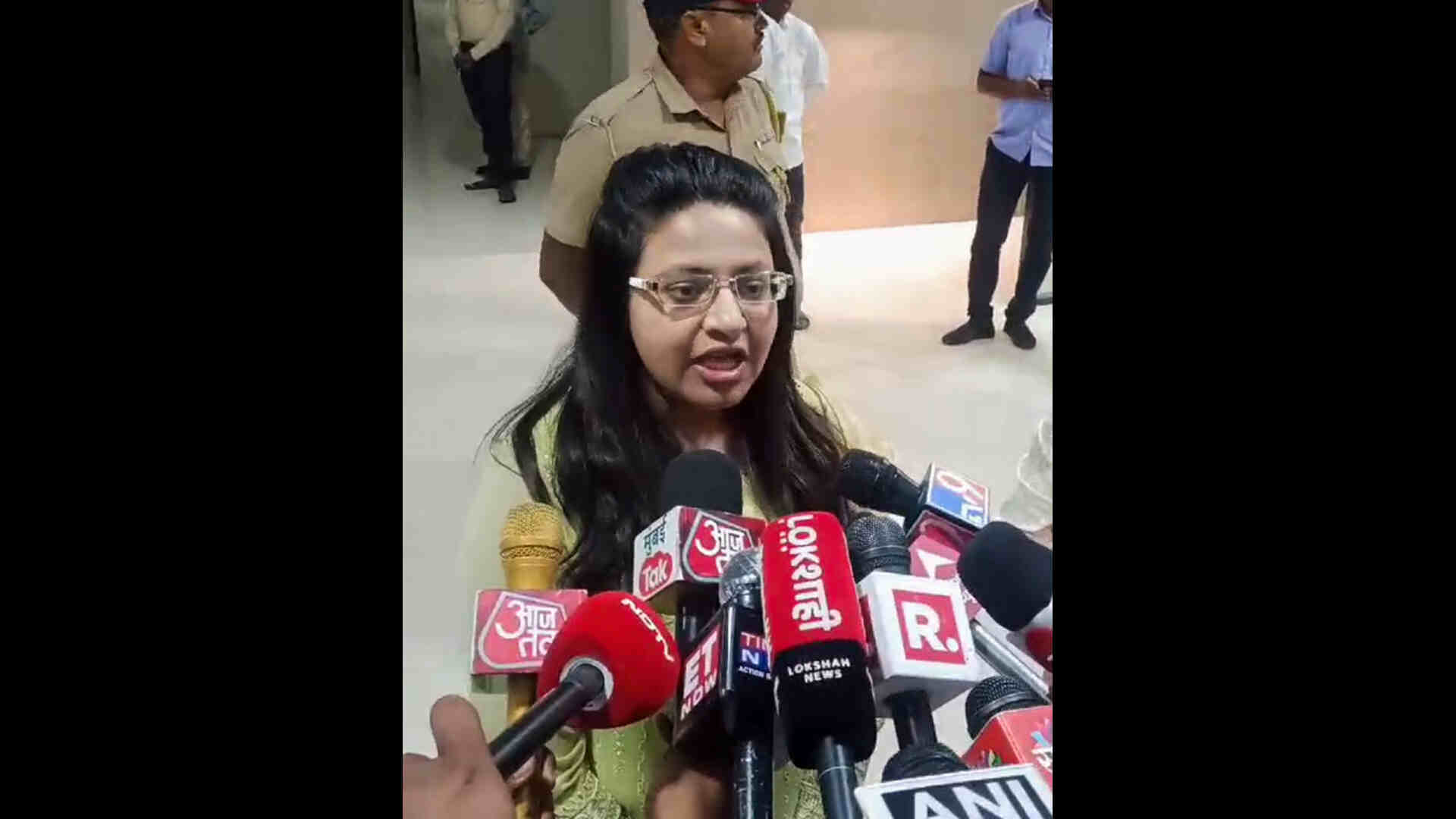
Khedkar, who was undergoing training at the Lal Bahadur Shastri National Academy of Administration, has been embroiled in controversy following allegations that she accepted bribes and engaged in unethical practices. These charges have raised significant concerns about integrity within the Indian Administrative Service (IAS), a position known for its high ethical standards and public trust.
The case against Khedkar came to light after a whistleblower provided evidence suggesting her involvement in corrupt activities. The whistleblower's allegations included claims of Khedkar accepting monetary favors in exchange for favorable treatment of various official matters. These allegations have led to a broader scrutiny of her actions and prompted investigations by the Central Bureau of Investigation (CBI).
The court's decision to reject the anticipatory bail plea was based on the gravity of the charges and the potential risk of Khedkar influencing witnesses or tampering with evidence. The prosecution argued that granting bail at this stage could hinder the investigation's progress and compromise the integrity of the case.
Khedkar's legal team contends that the charges against her are exaggerated and politically motivated. They assert that the evidence presented is insufficient to justify the denial of bail and claim that Khedkar's detention would not serve the interests of justice. Her defense has vowed to challenge the court's ruling and seek legal recourse through higher judicial forums.
The case has sparked debate within legal and administrative circles, highlighting the ongoing challenges faced by public institutions in maintaining transparency and accountability. Critics argue that the situation underscores the need for stringent measures to address corruption and ensure that those in positions of power adhere to the highest ethical standards.
As the investigation progresses, attention will focus on the broader implications for the IAS and other administrative bodies. The outcome of this case could influence public perception of the administrative system and impact future reforms aimed at combating corruption.
The judicial process will continue to unfold, with Khedkar's legal team expected to pursue further legal avenues in response to the court's decision. Meanwhile, the case remains under close observation, with stakeholders awaiting further developments in this high-profile matter.
